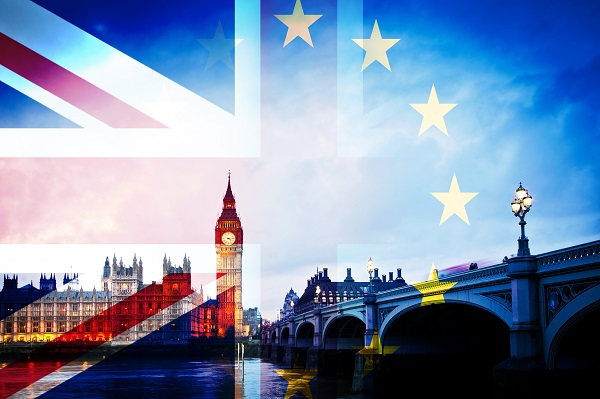
The UK and the EU have agreed that sufficient progress has been made on ‘Phase 1’ of the negotiations for the terms of Brexit. After months of difficult discussions around EU citizen’s rights, the Irish border, and the UK’s financial settlement, the conclusion of the first phase will allow for talks on trade and a potential transition period to begin.
Key points for business
The agreement resolved the following key points for business:
- EU citizens in the UK (and UK citizens in Europe) will have a ‘right to stay’
- There will be no ‘hard border’ in Ireland
- But the whole of the UK – including Northern Ireland – will be leaving the customs union
Details of the Irish border to be come clearer through the trade talks
The border issue remains a little unclear and will hinge somewhat on the details of the negotiated future trade relationship between the UK and the EU. The UK will have ‘full alignment’ with the rules of the customs union and single market where there are no agreed rules for trade negotiated for over the Irish border.
In order to uphold the Good Friday agreement, regulatory barriers will not be allowed between Northern Ireland and the rest of the UK unless permitted by Stormont – the devolved government of Northern Ireland.
Mike Josypenko, Senior Director of Special Projects for the Institute, told us:
“Paragraph 49 of the joint statement indicates that the UK Government intends to adhere to its previous commitment of avoiding a Hard Border on the Island of Ireland, and its intention that this will be ensured as part of the overall UK – EU relationship. If this is not possible, the UK commits to propose “specific solutions to address the unique circumstances of the island of Ireland” In the absence of agreed solutions, the United Kingdom will maintain “full alignment with those rules of the Internal Market and the Customs Union which, now or in the future, support North-South cooperation, the all-island economy and the protection of the 1998 Agreement”. This latter statement is being seen by some political observers as a possible change in the UK Government’s overall position regarding its trade relationship with the EU.
The statement does, however contain an introductory caveat that “the joint commitments set out in this joint report shall be reflected in the Withdrawal Agreement in full detail. This does not prejudge any adaptations that might be appropriate in case transitional arrangements were to be agreed in the second phase of the negotiations, and is without prejudice to discussions on the framework of the future relationship”, which allows both parties to make changes to the arrangements described in the document, depending on the course of further negotiations.
The text of the statement can be found at:
https://ec.europa.eu/commission/sites/beta-political/files/joint_report.pdf
Onto phase 2 – trade and a transition
Upon the announcement of the agreement, the European Commission stated that it:
“Stands ready to begin work immediately on any possible transitional arrangements and to start exploratory discussions on the future relationship between the European Union and the United Kingdom.”
Donald Tusk also stated:
“First, we should start negotiating the transition period, so that people and businesses have clarity about their situation. As you know, the UK has asked for a transition of about two years, while remaining part of the Single Market and Customs Union. And we will be ready to discuss this, but naturally, we have our conditions.”
He stated that these conditions would be that EU law would remain sovereign for the period, it respects budgetary commitments, respects judicial oversight, and other related obligations.
Now for the hard part
Despite tangible relief with what is ultimately good news for the UK and the EU, there is a definite shared feeling that the hard part of the negotiations begins now. Trade deals notoriously take years to materialise and it is unclear whether the UK’s trading relationship will take the form of a free trade agreement like the EU has with Canada or if it will place the UK in a particular economic relationship with the bloc as is with the case with other European countries like Norway.
Director General of the Institute, Lesley Batchelor, said:
“We welcome progress in the talks, of course. Business needs to see progress and now we get to the details; as we’ve discovered with numerous trade negotiations in the past, the devil really is in the detail.”

